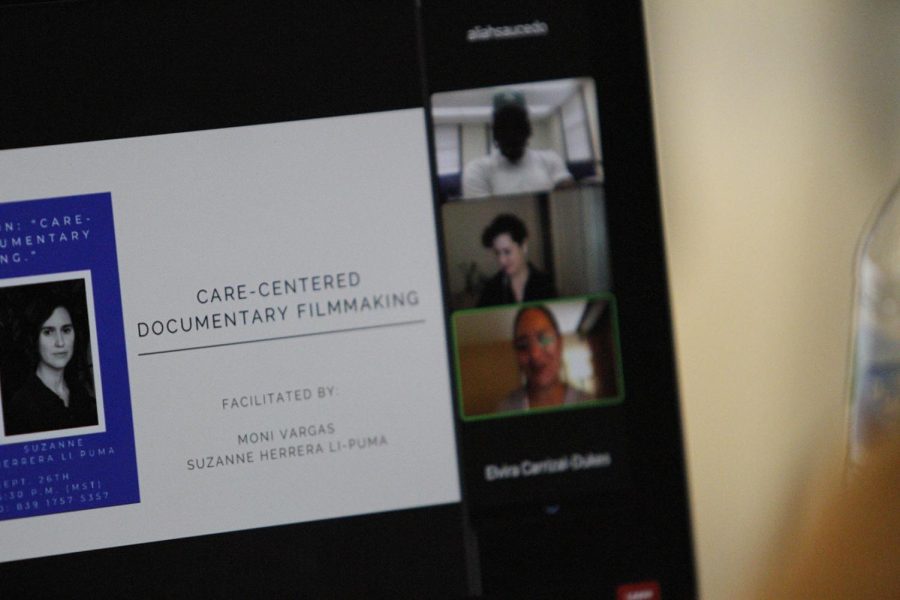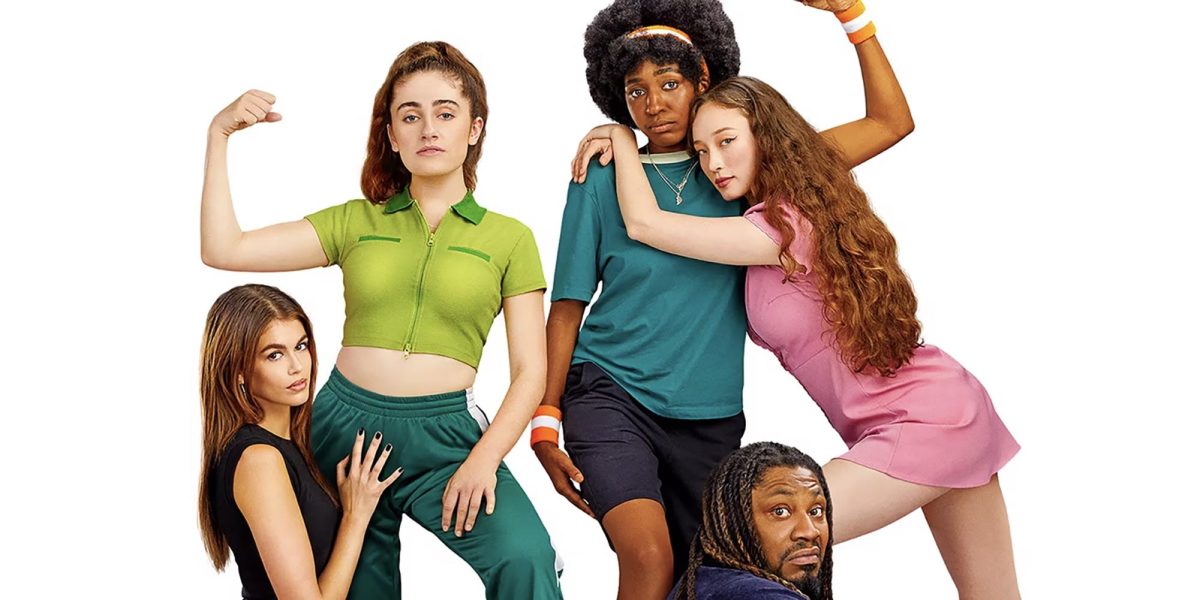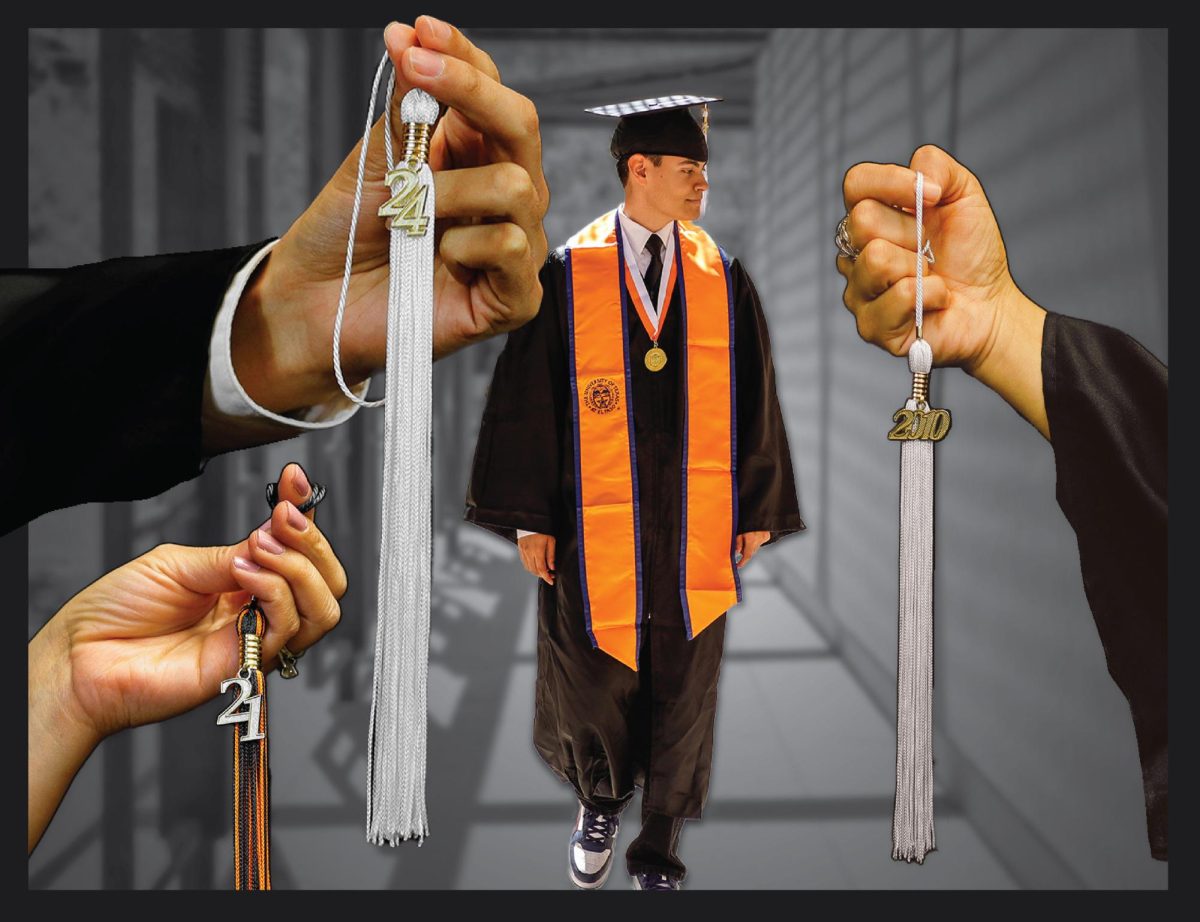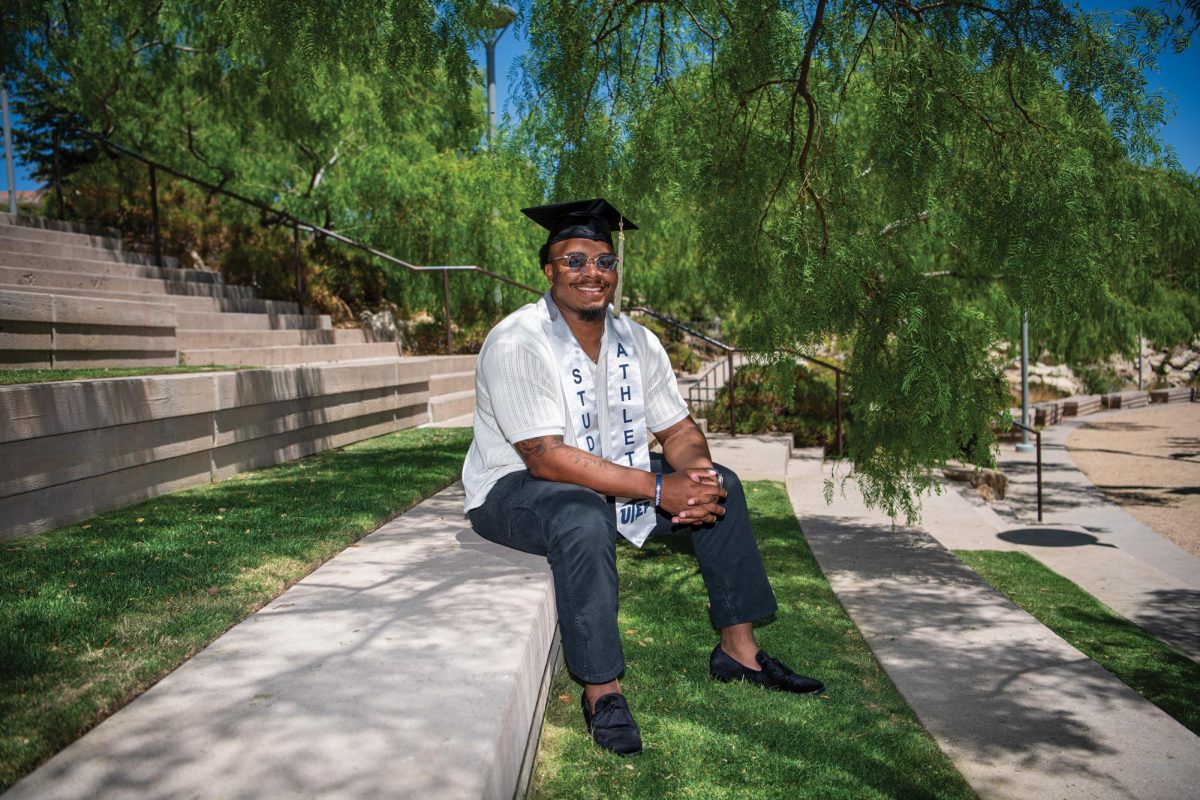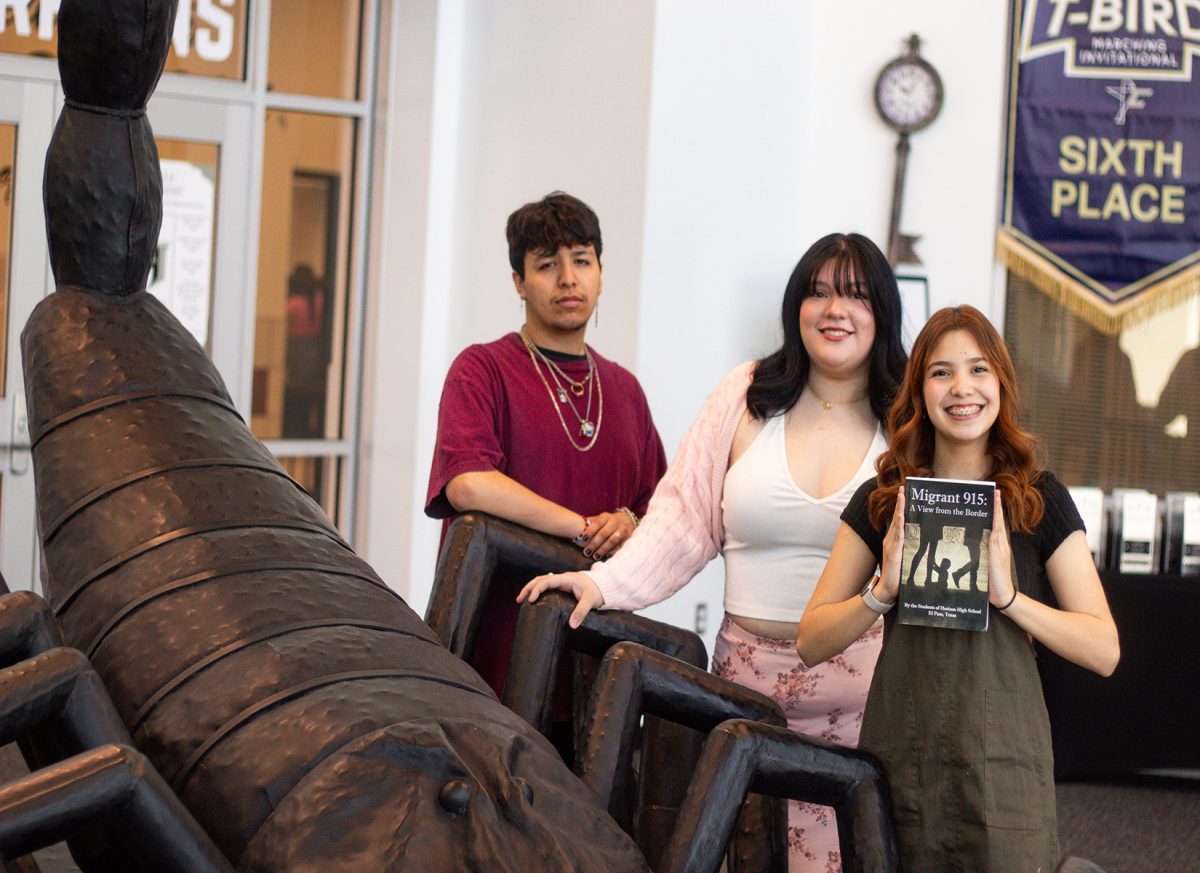Filmmaking is one of many creative outlets for telling sad, joyful and even painful stories. Filmmaking in communities of color, specifically, often sees pain and trauma. This raises the question, how can filmmakers aim their work to be trauma-informed?
The UTEP Chicano Studies department sponsored a film discussion on care-centered documentary filmmaking Sept.26 . The hybrid-style discussion was open to the public and to students of Chicano cinema under the instruction of Elvira Carrizal-Dukes.
According to Carrizal-Dukes, Chicano cinema students learn about the history of the Chicano role in filmmaking which includes putting themselves in the shoes of the filmmaker and learning what it is like to be behind the scenes. Therefore, two expert filmmakers, Suzanne Herrera Li-Puma, Ph.D., and Moni Vargas were invited to share their experiences in storytelling for marginalized voices.
Herrera Li-Puma is a Peruvian American artist, educator and scholar focused on Latinx and Latin American arts.
Vargas is a Colombian Afro Mestiza award-winning filmmaker and artist with more than 15 years of experience and a commitment to gender justice, radical inclusivity and care.
Herrera Li-Puma and Vargas met through Breakthrough, a nonprofit organization focused on transforming norms around gender, sexuality, immigration and racial justice. Together, they developed “#OurStoriesInVividColor,” a nine part documentary film series focused on interviewing women, girls and gender non-conforming youth of color across the United States and Puerto Rico.
A project like this called for a lot of work in the pre-production process to ensure they took trauma into consideration. Hence, they consulted a therapist and developed a trauma informed and care centered approach to filmmaking.
During the discussion, they provided students with a perspective on being behind the scenes of Chicanx media, the best trauma-informed filmmaking practices and the impact of storytelling.
According to Vargas, trauma-informed storytelling is a new approach in general, not just in communities of color.
“We didn’t really call it care-centered at the time because it was literally us realizing what needed to be done to do this project ethically,” Vargas said.
Therefore, she developed it to story tell in a healthy manner for both the filmmaker and their audience and ensure everyone participating is cared for.
To successfully do so, Herrera Li-Puma and Vargas shared a variety of tips. Do not share your story if you are not ready; take care of your mental health; always get consent from every participant and avoid triggering imagery, to name a few.
Furthermore, the filmmakers provided examples of how they implemented those practices in their own experiences.
For instance, participants were allowed to review the documentary before it was aired to ensure they felt comfortable and consented to the content. They paid particular attention to getting rid of traditional hierarchy in filmmaking and creating a collaborative space where everyone’s roles were treated as equally important. Herrera Li-Puma and Vargas also said they abided by labor laws and even went beyond them by listening, respecting and responding to the needs of the team.
When stories have elements of trauma, grief, pain and injustice, it is encouraged to shift the focus to joy, healing, activism and everything people have done to overcome that.
The desired outcome of filmmaking should be to move toward oppression free systems.
“Ask yourself what you’re sharing. What do you imagine for you and your community’s future to look like?” Vargas said. “These questions will help create a clear sight of how to transform filmmaking into a solution-based place for historically marginalized voices to flourish.”
According to Vargas, anyone willing to share their story can be a storyteller to the world and should not hold back if they do not hold a professional career in filmmaking.
“We really want to encourage you to tell your story. Filmmaking is beautiful,” Vargas said. “It will not only transform you, but it will likely transform other people.”
Herrera Li-Puma also encouraged listeners to think of the impact and role they can contribute to the movement of claiming storytelling representation in communities of color and shifting them into healing and activism.
Visit ourstoriesinvividcolor.org to find the archive of all the storytelling from young people of color.
Josie Avila is the audience and engagement editor and can be reached at [email protected]; Joseline Avila on LinkedIn.




